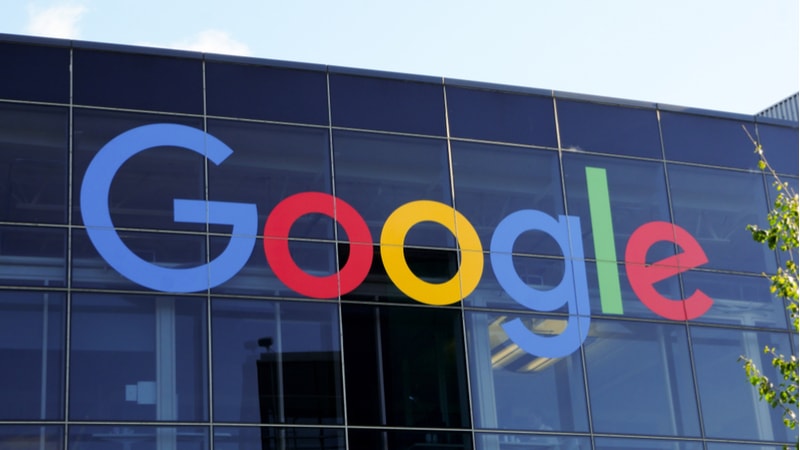
Sens. Marco Rubio, R-Fla., Tom Cotton, R-Texas, and Josh Hawley, R-Mo., wrote to Google CEO Sundar Pichai on Aug. 7 questioning the tech giant’s ties to China.
Their letter was a follow up to a June 20 letter, where Sens. Rubio, Cotton, and Hawley, as well as Reps. Mike Conway, R-Texas, Liz Cheney, R-Wyo., and Dutch Ruppersberger, D-Md., raised concerns regarding Google’s relationship with the Chinese telecom company Huawei due to its “threat to U.S. national security.” The legislators “urged Google to reconsider their ‘strategic partnership’ with Huawei, which has direct links to the Chinese Communist Party.”
In their most recent letter, the Senators – seemingly not joined by the Representatives who co-signed the June letter – revisited their concerns and questioned whether Google leaders were accurately representing the company’s relationship with China.
“Three weeks ago, a representative from your company denied, under oath, that Google has been conducting any substantial business in China,” the Senators wrote. “Yet recent reports revealed that, until the President placed Huawei on a trade blacklist because of that company’s problematic association with the Chinese Communist Party, you were working closely with Huawei to develop ‘smart speakers’ for use in the United States, revealing that you and Huawei ‘were even closer than previously understood.’” The letter stressed the risks involved with smart speakers, saying “these devices can enable untrustworthy companies to listen in on Americans’ conversations.”
The letter further said that Google’s “attempts three weeks ago to downplay your involvement in China, plus new revelations about your close relationship with Huawei, raise serious questions.”
The Senators posed specific questions for Pichai in the letter and requested his responses by Aug. 30:
- Why did you partner with Huawei to develop listening devices for use in the United States?
- Why did you continue that partnership even after the Department of Justice released an indictment charging that Huawei, as the Washington Post put it, “is determined to succeed by using theft and duplicity”?
- What did you learn about national security vulnerabilities with listening devices while working with Huawei, and what steps, if any, did you take to eliminate national security risks from these devices?
- What consideration, if any, did you give to the national security risk posed by Huawei before agreeing to work with them on this sensitive project?
- The reports about this project state that you “suspended” the project because Huawei was placed on a trade blacklist. Do you plan to resume helping Huawei install listening devices into American homes if the blacklist is lifted?
